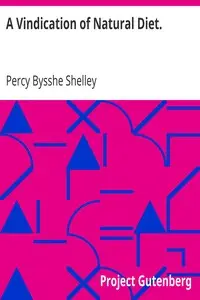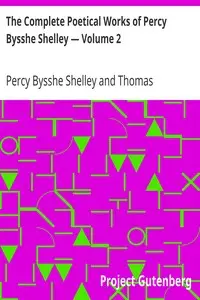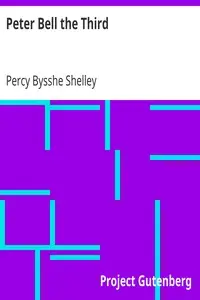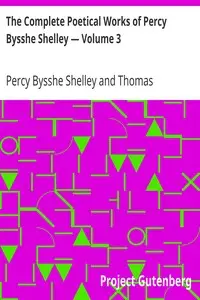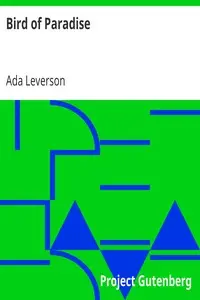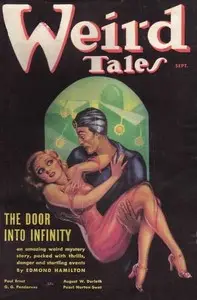"A Defence of Poetry and Other Essays" by Percy Bysshe Shelley is a collection of philosophical writings composed in the early 19th century. The essays delve into various topics, including love, the nature of existence, metaphysics, ethics, and the artistic expressions of humanity. Shelley's prose serves to articulate his defense of poetry as an essential vehicle for human emotion and imagination, reinforcing its significance in culture and society. The opening of the work presents a deep exploration of the concept of love, articulating it as a powerful force that connects individuals with one another and with the world around them. Shelley reflects on the complexity of human emotions, emphasizing the yearning for understanding and communion with others, which often leads to disappointment when such connections fall short. He suggests that love is not only a passion but also a fundamental aspect of our existence, driving humanity to seek beauty in all forms of life. Through a lyrical and philosophical approach, Shelley sets the stage for a profound discourse on the interconnectedness of human experience, laying a philosophical foundation for his defense of poetry as a transformative art form. (This is an automatically generated summary.)
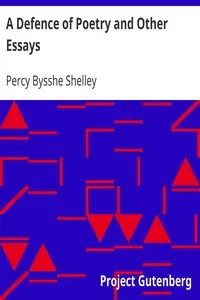
A Defence of Poetry and Other Essays
By Percy Bysshe Shelley
"A Defence of Poetry and Other Essays" by Percy Bysshe Shelley is a collection of philosophical writings composed in the early 19th century. The essay...
Percy Bysshe Shelley was an English writer who is considered one of the major English Romantic poets. A radical in his poetry as well as in his political and social views, Shelley did not achieve fame during his lifetime, but recognition of his achievements in poetry grew steadily following his death, and he became an important influence on subsequent generations of poets, including Robert Browning, Algernon Charles Swinburne, Thomas Hardy, and W. B. Yeats. American literary critic Harold Bloom describes him as "a superb craftsman, a lyric poet without rival, and surely one of the most advanced sceptical intellects ever to write a poem."


